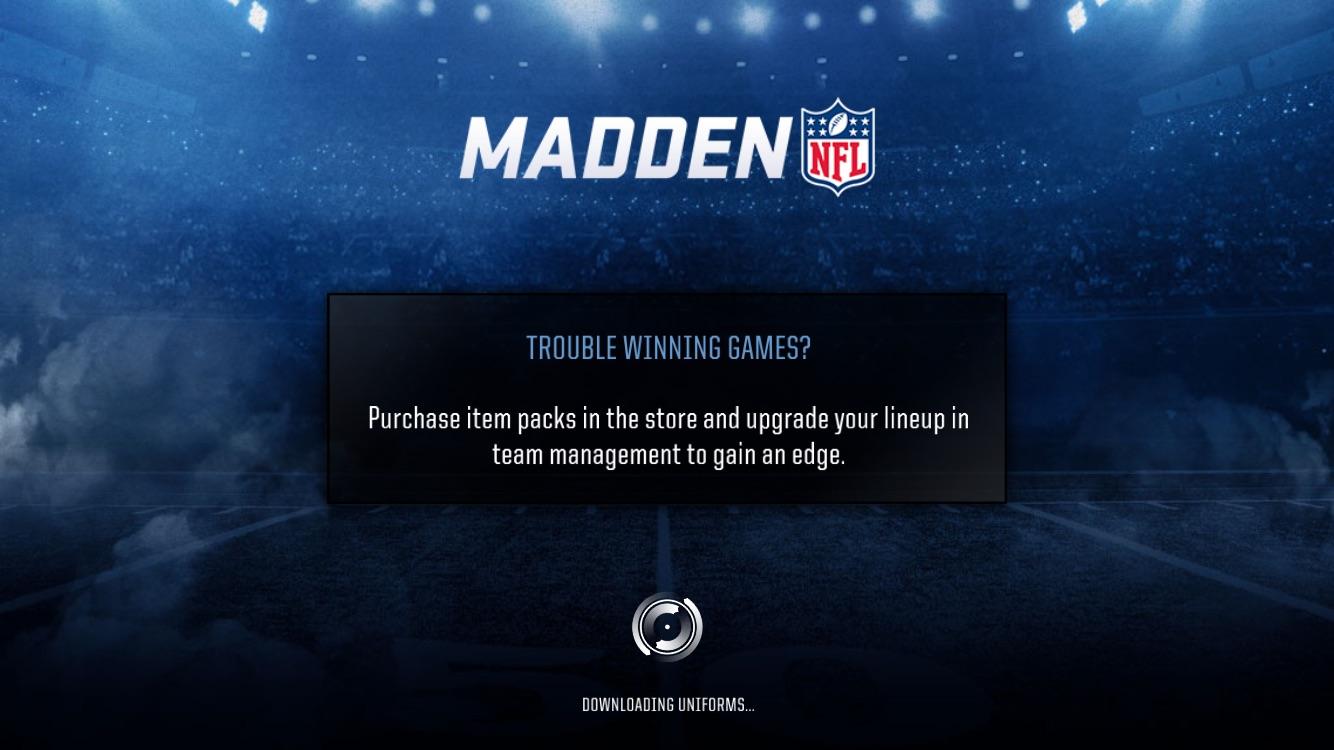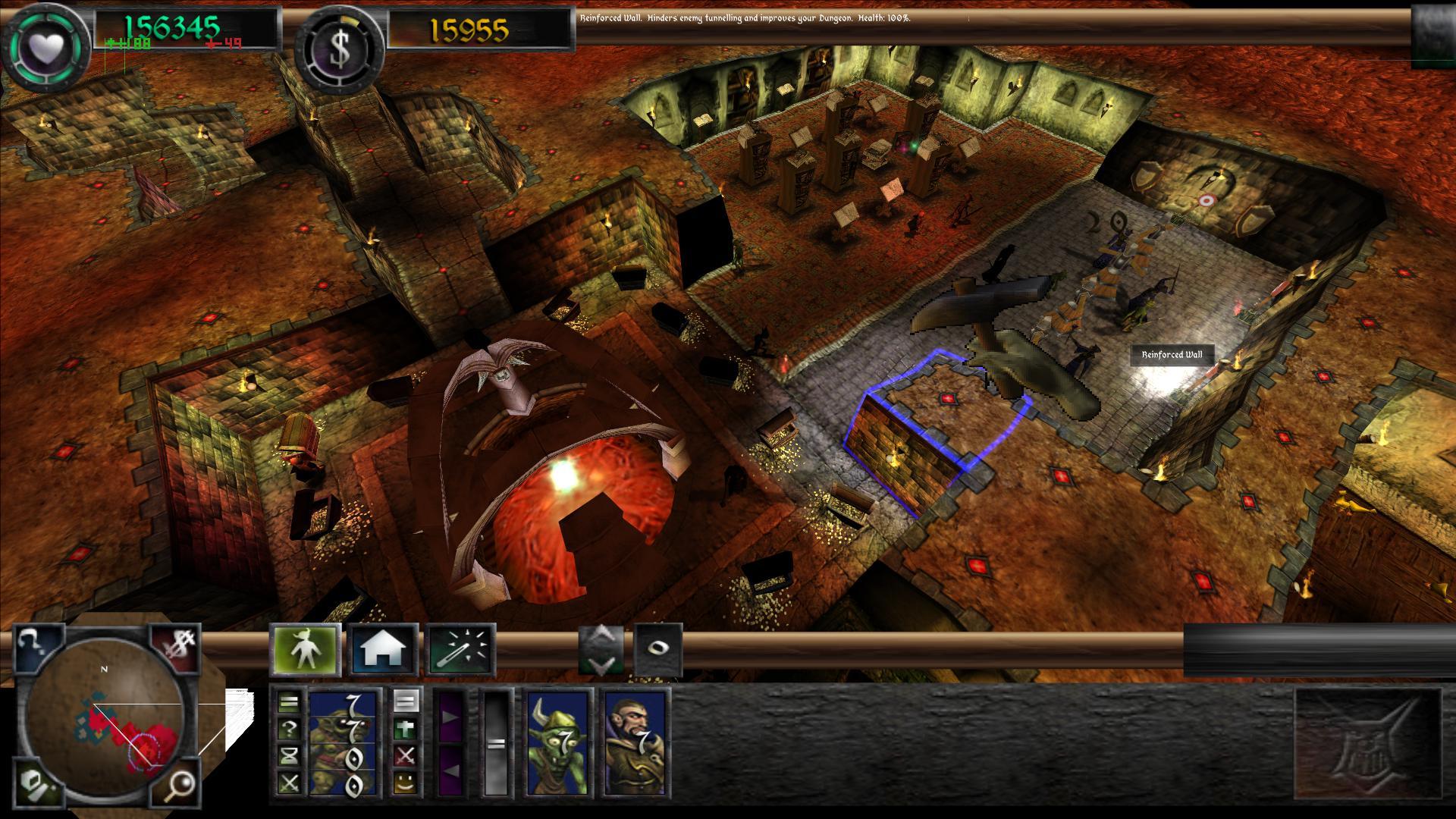State legislator sets up YouTube channel covering his fight against predatory videogame practices

I hope, I mean I really hope, that Electronic Arts has finally gone too far. First, let’s not forget that when they were first formed by Trip Hawkins back in 1982, their approach was that developers were artists and they treated them that way. But things changed. They have been developing disgusting, money-grabbing pseudo-games for a long time now, and doing so with relative impunity. From the atrocious, insulting release of Dungeon Keeper mobile, a grotesque violation of the groundbreaking original series, the remake of which requires you to either wait for extended periods of time before your imps could continue to break down walls or buy crystals for real money so you can continue playing, to their more recent release of Need for Speed Payback which has you apply cards to cars in order to spec them out, however the cards are limited to only one car and they appear as a slot machine gameplay mechanic, the results of which are supposedly random. Never mind the idea that using cards as a means to upgrade cars makes no sense in the first place, nor does the random acquisition – those aren’t how upgrades work: remember the concept of ludonarrative dissonance? Racing games usually have you earn money by winning races and using that money to buy upgrades that you choose to fit your driving / playing style, which makes perfect sense. Just listing these two examples makes my blood boil, for many reasons. I have been a fan of Need for Speed for a long time (especially the police chases), and Dungeon Keeper, a game in which you design a dungeon to attract monsters who defend against invading heroes, originally released in 1997, is a game I spent many hours with and whose brilliance shines to this day. You could even possess the monsters who made their way into your dungeon and see it in a first person perspective.
And that’s the core of the issue. It used to be that when you bought a game, you bought the whole game. Games were designed as complete, compelling experiences meant to tell a story or provide an experience. You played the game, and either that was it or you played it again, perhaps trying new tactics or exploring new areas. Now, however, games are simply vehicles for monetization; It is determined how a property can be monetized, in other words how can it be developed so that once people buy the game they will need to continue to pay to fully experience it, and then a game is developed around that. They are not designed to be a game, to be fun, they are designed from the ground up to get you to keep paying. Look at this loading screen tip from Madden mobile for further proof: They outright tell you to buy ‘item packs’ to improve your game!

Thanks for the advice, EA (found on Reddit)
So back to Dungeon Keeper and Need for Speed. Both of these were once great franchises that EA destroyed by developing for the purposes of pushing lootboxes or their equivalent as opposed to compelling gameplay, but they had been doing this kind of thing for so long that I guess they felt they could do whatever they wanted. Speaking of which, it is important to note that EA is by no means the only company doing this – not by a long shot.
And then, Star Wars Battlefront II happened. I’ll bet EA never saw it coming, and from what I can tell they didn’t. I hope they didn’t, because their surprise and confusion over the backlash would make the whole thing that much better.
You see, EA decided that many of the characters and items in their new release of Battlefront II, itself a long-lived and beloved franchise, would be only attainable via lootboxes that contained random content, which may or may not be the ‘thing’ you as the player are looking for. If you didn’t want to grind away for who knows how long – Days? Weeks? – to get the stuff, you could pay real money instead. You could also buy lootboxes to get game-changing benefits that severely unbalance the game in your favor, and against everyone else’s: In one video I saw, a player paid real money and got the ability to lock on to targets 200 percent faster than others. The environments in that video really look nice, too, which makes the whole thing that much more troubling – it looks like there could be a good game in there.
Although there has always been backlash against this nonsense, what EA tried to do with Battlefront – remember, Battlefront is a long-running and revered franchise originally developed by Pandemic and published by Lucasfilm – unleashed the rage of countless gamers and has begun a snowball reaction that has even surprised us. First came the Reddit rage. Lots of rage comes from Reddit, but this was different: It was loud, and it was sustained. So severe was the response that EA backpedaled and made some changes, however they also stated they were not removing the lootboxes altogether.
Again, I think EA was blindsided by the response because this practice is nothing new to them. But never mind EA Spouse, or them having the most downvoted post in Reddit history, which itself was in response to a Reddit user who created a spreadsheet showing that unlocking high-level characters in Battlefront II would take about forty real hours, or even being named worst company in America two years in a row; what happened next is where this story really takes off.
The uproar was so loud that government agencies around the world started looking at whether the very concept of lootboxes should be considered gambling. The argument is, if you are paying real money in the hopes of getting something of value in return, then it should be classified as such. I am not taking a side on whether it can formally be defined as gambling, I’m just saying that designing games as revenue streams first and games second is a putrid, vile practice.
It seems some agree. Belgium is on the edge of classifying them as gambling (the linked article erroneously states they have, but they haven’t yet), Australia is also investigating as is France, while Denmark has said they don’t meet official gaming (read; gambling) criteria.
Here in the States, and what inspired this post in the first place, representative Chris Lee from Hawaii has taken it a step further and is not only considering lootboxes but the larger issue of predatory business practices in games. He is clearly a gamer himself, he even cited the standard, old-school business model mentioned above, and chimed in on a Reddit thread regarding the topic. He put out an initial video putting forth his opinions on the topic, and it became so popular that he then added a much more intimate, personal take on the controversy, which he intends to be an ongoing video blog covering his dealings with this issue and progress made. It was then that I knew this whole thing has taken on a life of its own. It is, I’m hoping, out of EA’s hands now, and about to be addressed on a much larger and more enforceable scale.
I’m hoping all this attention finally gets game companies back to making games. Not things that look and feel like games at a very low level while requiring the player to continue to buy to continue to play. I’ve been against it for a long time, even going so far as to say some ‘games’ aren’t games at all; they possess no elements of gameplay but want you to keep paying in order to see all the ‘game’ has to offer. One of the worst offenders, a ‘game’ I despise but everyone else loves is The Simpsons: Tapped Out. I love The Simpsons as a TV show, but with the app, what no one seems to realize is that there’s no freaking game! There’s a narrative, but that’s it. You don’t actually *do* anything. Tap on this character, they go into a building. Tap on that character, they deliver a line of dialogue then go in to a building. Tap the money floating above the buildings. If you can afford it, tap here to build a building (which builds over time, unless you pay to build it). Can’t afford it with in-game currency? Or want one of the items only available through a real-money transaction? You know what to do. There’s no skill involved, no character building; I suppose a minimal argument could be made for planning, although even that’s excpetionally limited, and storytelling, which is its strongest point, but there’s no game to go along with it. The Simpsons is not alone, considering in-app purchases are common, indeed rampant, in the mobile space, and even more insidiously they are often aimed directly at kids. That’s why things like this and this and this happen. Remember Joe Camel? He was banned too, for very similar reasons.
Fingers crossed. If I may invoke the names of one of my most beloved franchises that was also ruined (you can imagine by whom), I’d like to think maybe we can get back to making games that are more like Dead Space 1 and 2, and less like Dead Space 3. Wait, what happened to the company that made those first two masterpieces? Oh, that’s right. EA happened. And the second paragraph in the linked article is why we’re where we are right now. Here’s hoping for deliverance from what EA wrought.
UPDATE: Look what I found about three hours after writing this post! US lawmaker who called out Star Wars Battlefront 2 lays out plans for anti-loot box law.




